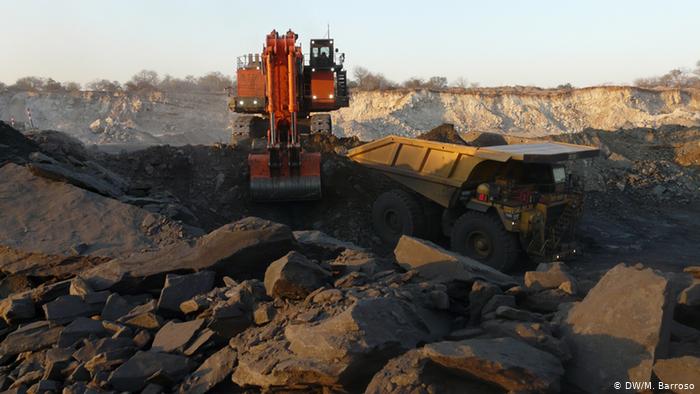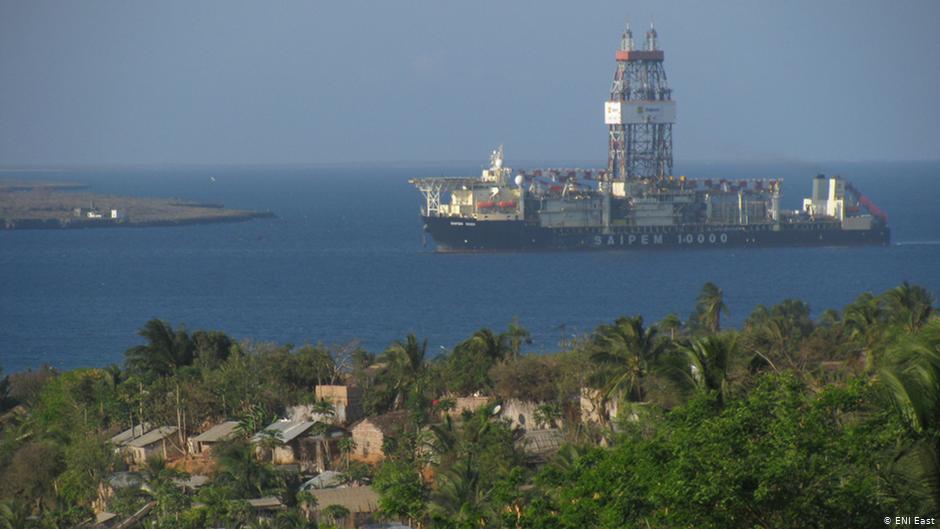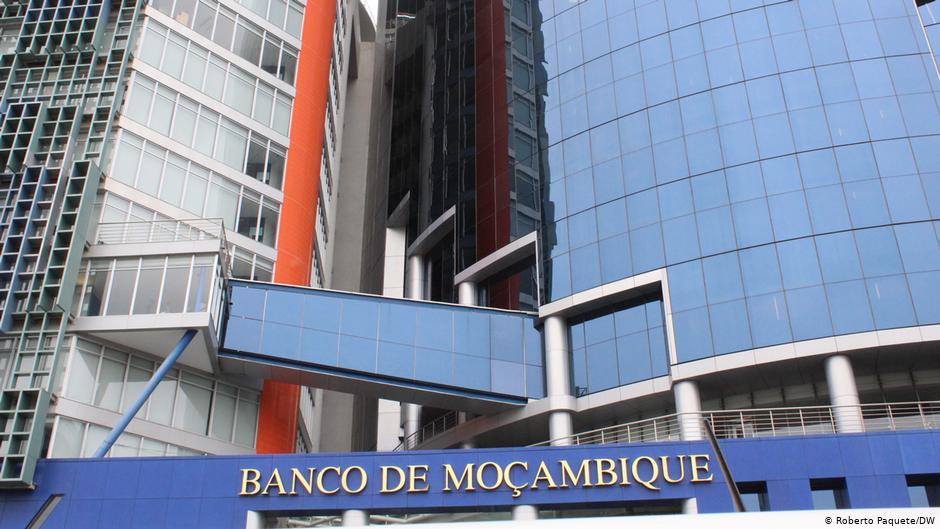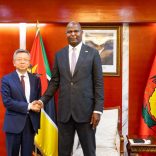Mozambique: Govt expects 40% increase in foreign direct investment this year
Mozambique: Proposed sovereign fund model “does not guarantee transparency”

FILE PHOTO: For illustration purposes only. Coal mining in Mozambique. [File photo: DW]
A Mozambican civil society platform comprising 26 organisations which monitor natural resources and the extractive industry in Mozambique has told the press that the sovereign fund model proposed by the Bank of Mozambique does not guarantee transparency.
Civil society further claims that there are aspects of the proposal which may prevent the fund from being a catalyst for inclusive economic growth leading to development and well-being.
Agostinho Machava, from the Centre for the Development of Democracy (CDD), suggests that, for transparency, the management of the future sovereign fund should not be undertaken by the country’s central bank alone.
“Independent entity”

“We think it is important to have an independent entity to manage the fund. Independent, in the sense that it is subject to no political influence and is able to decide on the strategies – the forms – of the fund without being anchored to the regime governing the country at any given moment,” Machava explained.
The civil society platform recognises the central bank’s competence to manage the future sovereign wealth fund, but warns that the Bank of Mozambique has a moral duty to clarify two scandals before assuming the operational management of the fund.
The first of these concerns the central bank’s “negative accounts during the years 2017 and 2018”, and the second “this confusion between the fact that its pension fund is related to a commercial bank, which the Bank of Mozambique also supervises”.
Mozambican economist and Centre for Public Integrity (CIP) researcher Inocência Mapisse points out that certain aspects of the proposed fund are being ignored.
Central Bank’s proposal fails to please

“The Bank of Mozambique proposes that the Ministry of Economy and Finance manage 50% of the revenues that will make up the sovereign fund in general. We think that this completely ignores the political economy of public finances,” she says.
“If we revisit the reports and opinions of the Administrative Tribunal, it is clear that there are several deficiencies in the management of financial resources,” she adds. The Administrative Tribunal complains that some of the expenses incurred by the Ministry of Economy and Finance unjustified.
“Some of them are not categorised either,” she says.
“Structurally, the Ministry of Economy and Finance distributes its resources mostly for operating expenses, which are unproductive in relation to investment expenses. It is assumed that any sovereign development fund will be directed towards productive investment expenditure,” Mapisse concludes.













Leave a Reply
Be the First to Comment!
You must be logged in to post a comment.
You must be logged in to post a comment.